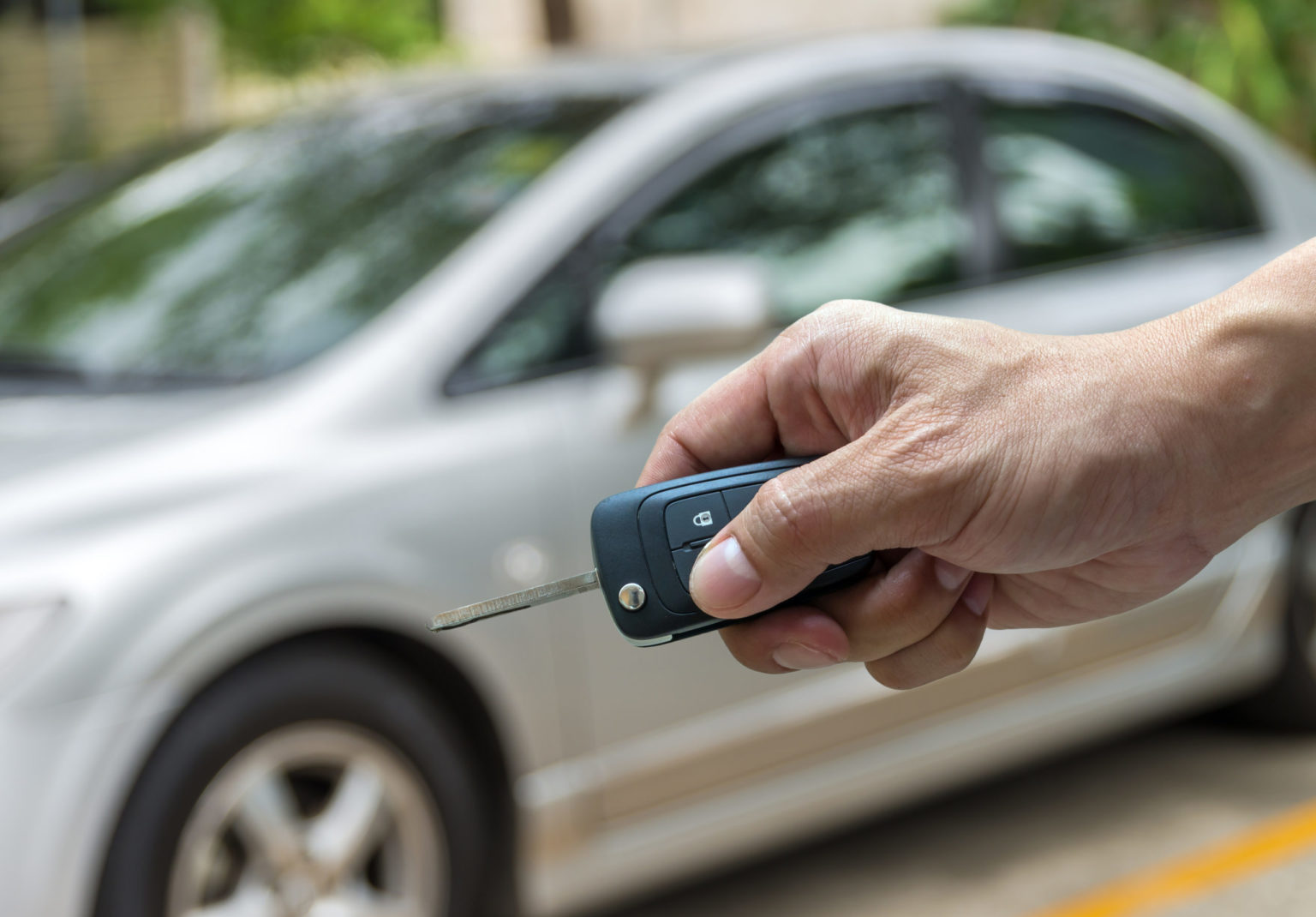Reasons a Car Can Get a Salvage Title
People are always looking for more ways to save money, and this is particularly true for those in the market for a used car. If you’re simply looking for the cheapest deal possible, it’s rare that you’ll find anything cheaper than what can turn up in a salvage car auction. Many people would advise you to run from the prospect of buying a car with a salvage title. While this may be sound advice in many cases, there may be some exceptions. You’ll need to know how and why a vehicle can receive a salvage title and how to clear the title before you can decide if buying one could be worth it.
Major accidents
The most common reason a vehicle can get a salvage title is if it was declared totaled after an accident. This can happen if a vehicle is considered unsafe to repair if repairs would cost more than the value of the vehicle, or for a few other less common reasons. In cases of older vehicles, the damage may not have to be extensive for it to be declared a total loss (these vehicles generally have less value before the accident, after all). If you manage to find a salvage vehicle with minor damage, it’s possible that taking the steps to clear it could be worthwhile.
Natural disasters
Natural events are the second most common reason for a vehicle to be labeled as salvage, with flooding being the main culprit. Damage caused by flooding may not be immediately visible after the fact since the water dries up. But the water’s effects on the mechanics of a vehicle are often permanent. Dealerships in low-lying areas can even be at risk of losing their lots to flooding.
Earthquakes and wind damage are also common causes of extreme vehicle damage. While comprehensive insurance should cover these things for the owner, it’s hard to recommend buying a salvage vehicle that has been damaged by the weather, especially in cases involving water damage.
Pros and Cons of Salvage
The disadvantages of buying a salvage vehicle are fairly obvious. A big one is a fact that insurance companies will typically be reluctant to insure a salvage vehicle. There are two big reasons for this. Firstly, the car was once deemed unfit to travel on the road, so the likelihood of it breaking down again seems high. Additionally, it can be hard to tell if new damages are because of a new accident or simply due to the vehicle being salvage to begin with. There’s also the fact that it can be easy to overlook major damage when buying a salvage vehicle. A-frame with minor damage, for example, maybe tough to spot but can cause big problems later.
Obviously, the biggest advantage of buying a salvage vehicle is the cost. You may also have a bit of luck in finding a vehicle that was deemed salvage for an uncommon reason (like totaling a car as part of a settlement). In a case like this, repairs can be fairly simple, and it can be a good deal. Lastly, for enthusiasts, the parts that can be obtained from a salvage car may actually be worth it.
Clearing a salvage vehicle
If you do decide to buy a salvage vehicle that seems in decent shape, you’ll have some work to do to prove it’s ready for the road again. Obviously, you’ll need to complete all needed repairs to ensure the vehicle is safe for operation and pass an inspection to confirm this. After these steps, you’ll have to complete all the paperwork to get a rebranded title. Keep in mind that a rebranded title will still indicate that the vehicle was once salvaged, so it will never be worth much beyond personal use.






